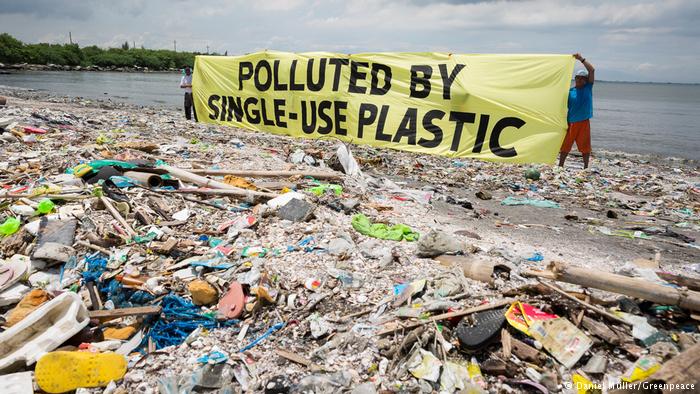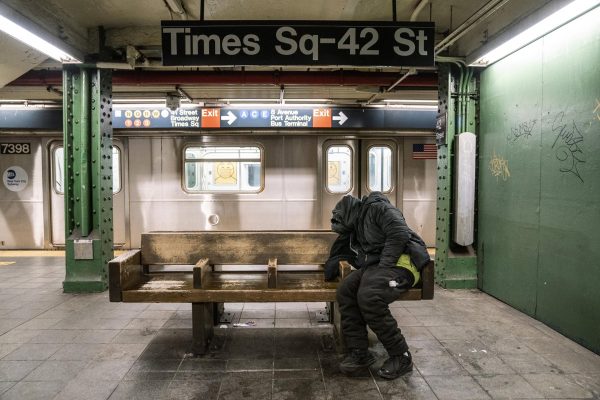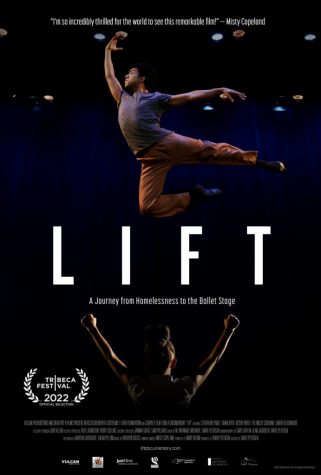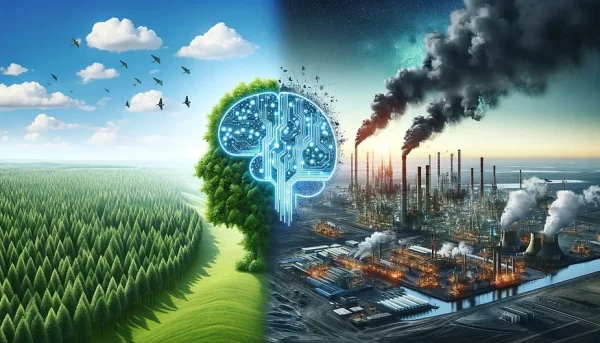OP/ED: Straws Seriously Suck
Plastic straw usage has become an epidemic in the United States with Americans using roughly 500 million straws per day.
Just to put it into perspective, 500 million straws could fill over 125 school buses and if you connected them all together, they could wrap around the Earth about two and a half times, according to the National Park Service.
Single-use plastic straws that are found at coffee shops and diners all over the country are exactly that – something that consumers use once. After someone is done with their overly priced iced coffee, their cup and the straw that comes with it ends up in the landfill.
And guess what? It takes at least 450 years for one to decompose. Just think about that. Something you use for about 20 minutes takes almost 500 years to decompose. Needless to say, they’re polluting the planet at a staggering rate.
Since straws are tiny, lightweight, and contain BPA, they cannot be easily recycled. They are also considered to be plastic No. 5, which many municipalities do not recycle. This also means that they are often misplaced and are an easy item for straw users everywhere to simply throw on the ground.
A major part of the widespread issue is what it’s doing to sea creatures around the country, and New York waters are no exception.
The Give A Sip organization has recently called on New York City to get rid of single-use plastic straws for the sake of the environment. An estimated 71 percent of seabirds and 30 percent of turtles have been found with plastic in their stomachs, according to the organization.
And when a marine animal mistakes plastic objects, such as straws, for food and ingests said plastic, it’s often fatal. In fact, according to Straw Free, another advocacy group, there have been multiple turtles found with over 1,000 straws in their stomachs. And it is estimated that over one million seabirds and 100,000 marine animals are killed by plastic pollution each year in the United States.
There will be more plastic in the ocean by weight than fish by 2050, according to Give A Sip. This means that many more marine animals will be affected and the time to start making a difference is now. 2050 is only 32 years away, that’s certainly not a lot of time to clean up our oceans.
Some organizations who have become “partners” with Give A Sip include popular tourist attractions like the Bronx Zoo, Brooklyn and Queens Botanical Gardens, and the Brooklyn Museum. 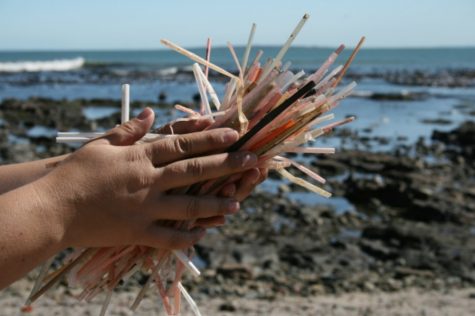
Plastic straws have made it on the top ten items picked up on beach cleanups, run by Ocean Conservancy’s International Coastal Cleanup, and it’s not hard to see why.
Especially during summer months, avid beachgoers and people within beach communities tend to drink cold, refreshing beverages through a straw. And mentioned before, they are a lightweight item which means that crisp ocean breeze can easily blow them out of trashcans and right onto the beach.
Other groups that are working across the globe to eliminate plastic straws include Lonely Whale, The Last Plastic Straw, and Be Straw Free.
Many of these groups offer pledges for individuals to sign and will even send you a complimentary alternative straw. Come on, it’s free. Just take the pledge.
A challenging task that groups like Lonely Whale face include convincing businesses and companies to stop purchasing straws. Getting it to stop from the source is key, but it’s not always easy. This is why it’s important for consumers to refuse straws and even not go to establishments that still use plastic ones. Consumers can make an impression on these companies and force them to consider being more eco-friendly.
Some great alternatives to single-use plastic straws include ones made out of stainless steel, paper, bamboo or even multiple-use/more durable plastic straws. And if you happen to forget your alternative straw at home and the establishment you’re going to still has single-use ones, simply ask for no straw. The sea turtles and the environment will thank you.
Refusing to use single-use plastic straws is a simple and effective step to take towards saving the environment. Don’t let straws suck the life out of our oceans.

Olivia Meier, most commonly referred to as Liv, is a journalism student at Mercy College. And while she loves New York, she is a true Jersey girl. If she’s...



